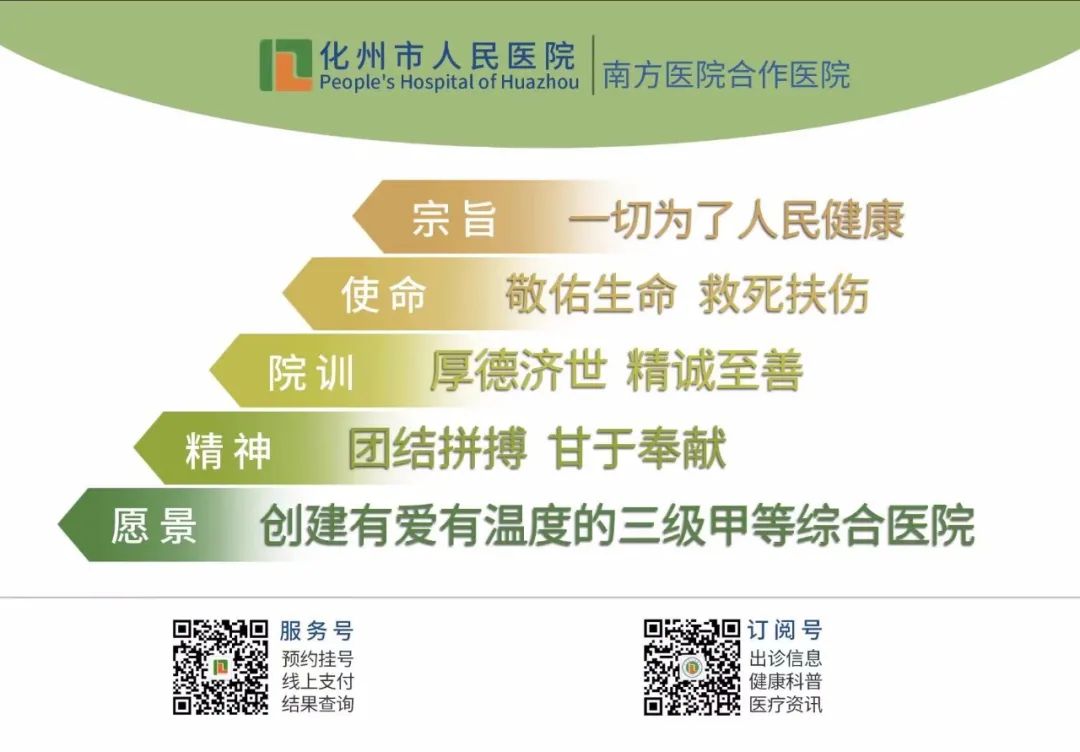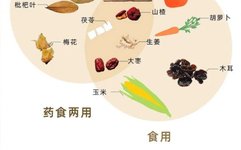
Introduction
What is the difference between traditional Chinese medicine (TCM) and medicinal cuisine? Can medicinal cuisine replace medication?
Medicinal cuisine is actually a knowledge that has been passed down for thousands of years. In simple terms, medicinal cuisine combines medicinal herbs with food ingredients, using cooking methods to regulate the body, primarily for health maintenance; whereas TCM typically involves the slow stewing of various herbs, mainly for treating diseases.
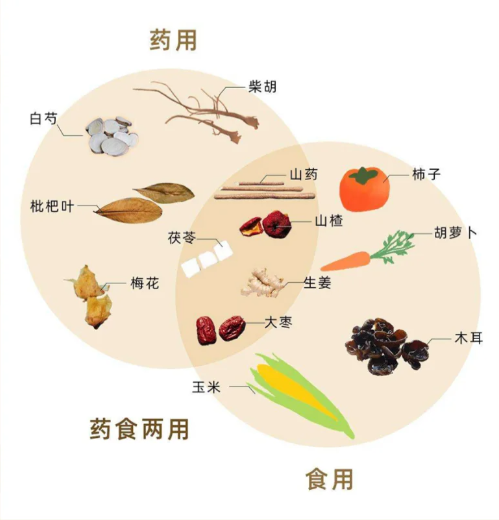
Definition of Medicinal Cuisine
Medicinal cuisine is a delicious food made under the guidance of theories from TCM, culinary science, and nutrition, strictly following medicinal cuisine recipes, pairing TCM herbs with certain food items that have medicinal value, and using unique Chinese cooking techniques along with modern scientific methods to create dishes with appealing color, aroma, taste, and shape.

Characteristics of Medicinal Cuisine
In ancient China, there was a saying that food and medicine share the same source, which stems from the traditional wisdom of TCM. Ancient physicians believed that certain foods have effects similar to those of medicines, possessing the same four natures (cold, cool, warm, hot) and five flavors (sour, bitter, sweet, spicy, salty), which can help prevent and treat diseases and strengthen the body.
— Four Natures
Cold and cool foods generally have effects such as clearing heat and detoxifying, reducing fire, cooling the blood, and nourishing yin. They are used for various heat-related conditions, such as mung beans, snow pears, watermelons, bitter melons, and mint, which can clear heat, reduce fire, and nourish yin.
Warm and hot foods generally warm the center and dispel cold, assist yang, and tonify fire, used for various cold-related conditions. Examples include peeled ginger, longan, lychee, mango, chili, Sichuan pepper, and lamb.
— Five Flavors
Sour flavor — can astringe and bind, has the effect of astringing and stopping thirst.
Bitter flavor — can drain, dry, and firm, has effects such as clearing heat, draining fire, relieving counterflow qi, promoting bowel movements, and drying dampness while preserving yin (draining fire while retaining yin).
Sweet flavor — can tonify, harmonize, and moderate, has effects of nourishing and harmonizing, adjusting the properties of medicines, and alleviating pain.
Spicy flavor — can disperse and move, has effects of dispersing and releasing the exterior, promoting qi and blood circulation.
Salty flavor — can descend and soften, has effects of promoting bowel movements and softening tendons and dissipating nodules.
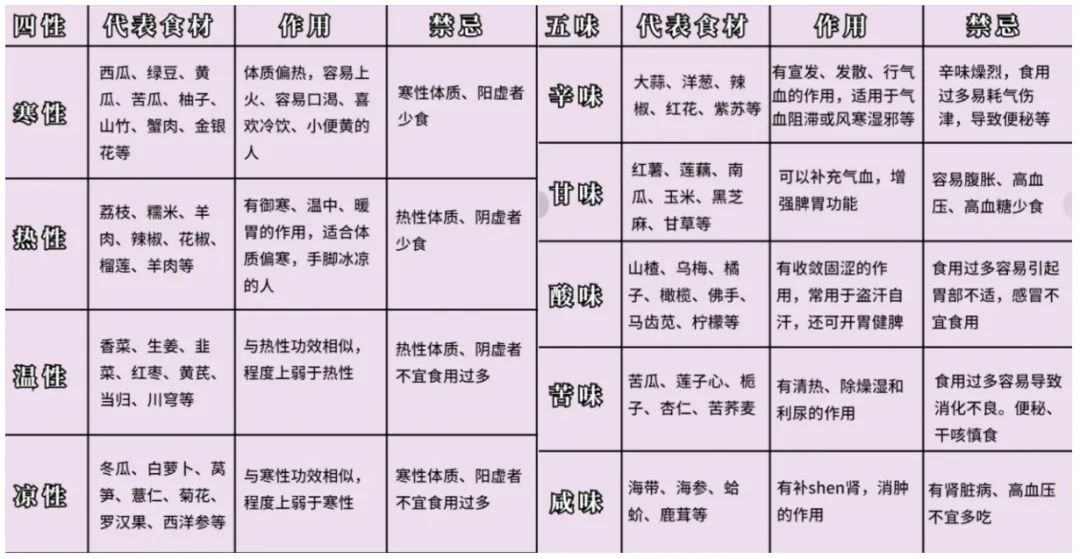
In recent years, the culture of dietary health has become popular, leading many people to enthusiastically cook medicinal cuisine. Many trendy medicinal dishes have appeared on the market, such as TCM milk tea and medicinal steamed buns.
Although medicinal cuisine is beneficial for health, improper consumption can turn supplements into poisons.
Therefore, when selecting medicinal cuisine, we should follow the principle of tailoring the cuisine to the four causes.
① Tailoring Cuisine to the Individual
Different age groups should choose different medicinal cuisines. For example, medicinal cuisine for children should be highly nutritious to support their development; while for the elderly, it should be light, soft, and easy to digest.
② Tailoring Cuisine to the Condition
From the perspective of TCM, the basic principle is to warm the cold, cool the hot, tonify the deficient, and drain the excess. For instance, for individuals with a cold constitution, warming dishes like ginger and red date soup should be chosen to warm the body and replenish qi and blood. For those with a hot constitution, cooling dishes like mung bean soup should be selected to clear heat and reduce fire. Mung beans have the effect of clearing heat and detoxifying. For those with qi and blood deficiency, nourishing dishes like angelica chicken stew can be chosen, as angelica tonifies blood and chicken nourishes qi and blood. For those with an excess constitution, despite being robust and having a rosy complexion, they may experience issues like dry stools and bad breath, and can opt for cassia seed tea, which has a draining effect.
③ Tailoring Cuisine to the Season
In spring, as the climate warms and yang energy rises, it is advisable to choose medicinal cuisines that soothe the liver and regulate qi, nourish the liver, and protect the spleen and stomach, such as goji leaf and pig liver soup, or goji, jujube, and egg soup, to enhance immunity. In summer, with hot weather and increased sweating, cooling and heat-clearing dishes like mung bean soup and coix seed porridge should be chosen to relieve heat and cool down. In autumn, as the climate becomes dry, nourishing and moistening dishes like lily and tremella soup, or autumn pear syrup should be selected to moisten the lungs and nourish yin, preventing autumn dryness from harming the body. In winter, with cold weather, warming and kidney-tonifying dishes like angelica ginger lamb soup, or goji and jujube chicken stew should be chosen to warm yang and dispel cold, enhancing the body’s resistance.
④ Tailoring Cuisine to the Region
China’s vast territory means that different regions have different climatic conditions and lifestyles, leading to variations in physiological activities and pathological changes. For example, in Guangdong, where the climate is humid year-round, local medicinal cuisines often focus on strengthening the spleen, dispelling dampness, and clearing heat and detoxifying. In Sichuan, medicinal cuisines are often spicy to cope with the local humid and rainy climate, helping the body eliminate dampness.
Recommended Seasonal Medicinal Cuisines
Dang Shen (Codonopsis) and Huang Qi (Astragalus) Chicken Soup
Dang Shen 15g Huang Qi 8g Goji Berries 6g Pitted Red Dates 4 pieces Chicken 500g Appropriate amount of water
Method:Blanch the chicken, add water along with Dang Shen, Huang Qi, and red dates, bring to a boil over high heat, then simmer for 1 hour. Add goji berries and salt to taste before serving.
Effects:Tonifies qi and blood, strengthens the spleen and nourishes the stomach.
Suitable for:Individuals with qi deficiency, fatigue, spontaneous sweating, poor appetite, and pale complexion.
Angelica and Ginger Lamb Soup
Angelica 15g Ginger 25g Lamb 500g Appropriate amount of water
Method:Wash the ingredients, blanch the lamb (you can add green onion and ginger slices to remove the odor), place the ingredients in a clay pot, add boiling water, bring to a boil over high heat, then simmer for 1h until the lamb is tender. Add salt to taste before serving.
Effects:Tonifies qi and blood, warms the center and dispels cold.
Suitable for:Individuals with cold hands and feet, fear of cold, and abdominal cold pain.
While medicinal cuisine is beneficial, it should not be used blindly.
Attention should be paid to the following points:
1. The dosage of herbs and food should be appropriate.
2. Avoid using multiple recipes simultaneously to prevent adverse effects from incompatible herbs.
3. Medicinal cuisine cannot replace medication; while it has therapeutic effects, it is not an all-encompassing treatment. For specific diseases, such as severe chronic or acute conditions, professional medical diagnosis and treatment are still necessary.
4. Since medicinal cuisine has certain medicinal effects, it is best to select it under the guidance of a physician based on symptoms.
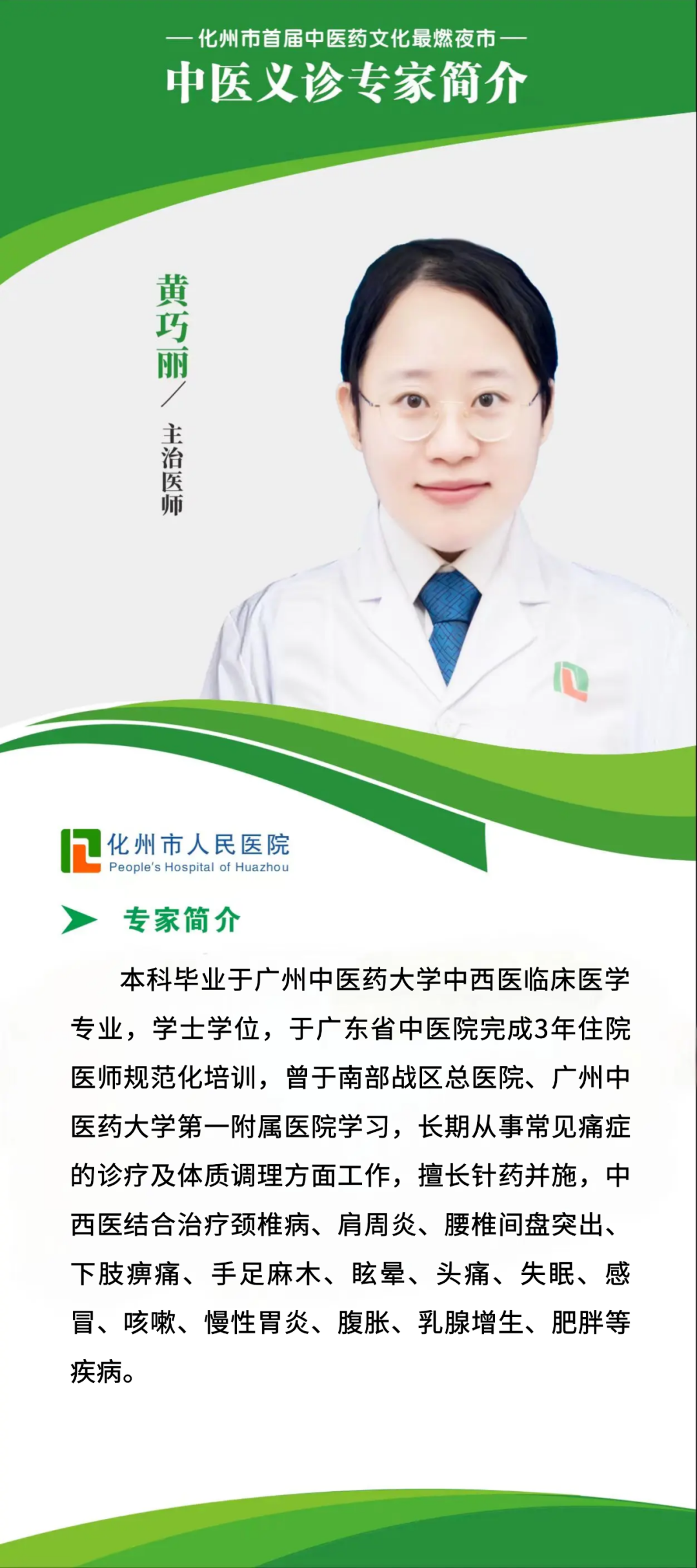
Author: Huang Qiaoli (TCM Department)
